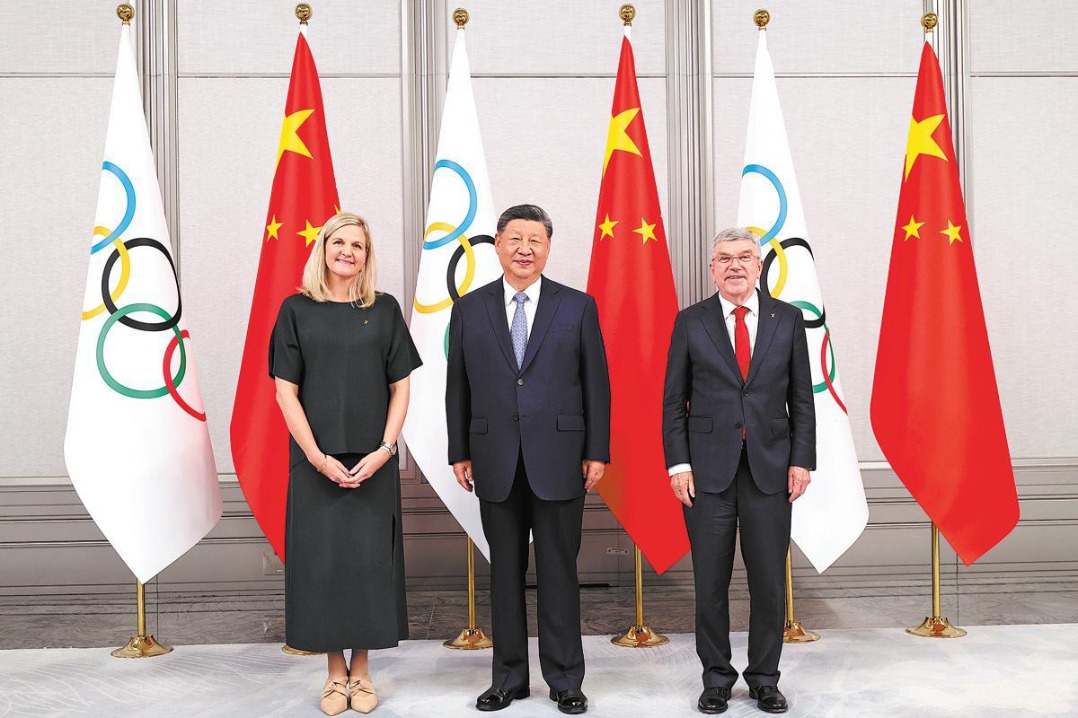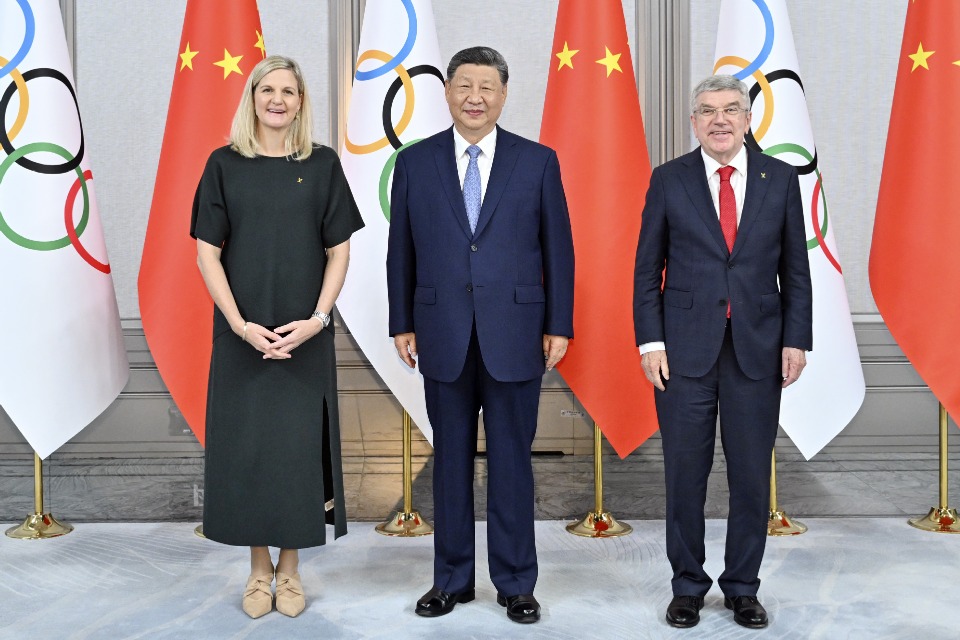Coronavirus outbreak also part of climate change crisis


The growing death toll and spreading infection of the novel coronavirus outbreak have gripped the attention of people around the world and also generated international news headlines. Thus far, news coverage of the outbreak has mainly focused on keeping track of the looming threat, recording the insufferable human cost, and, above all, evaluating the Chinese government’s responsibility and response to this public health crisis. However, what is missing from the news is a climate change frame, which sees the novel coronavirus outbreak as a different manifestation of the ongoing climate change crisis.
Our recent memory teems with more frequent and broader outbreaks: the severe acute respiratory syndrome (SARS) outbreak in 2003, the H1N1 influenza pandemic in 2009, the Middle East respiratory syndrome (MERS) outbreak in 2012, the H7N9 avian influenza outbreak in 2013, the Ebola outbreak in 2014, and the Zika outbreak in 2015. Each time, new strains of viruses emerge and strike back, and they become more contagious and virulent. The current novel coronavirus epidemic is just one episode of a series of outbreaks on a global scale in an extended period. The virus origin, high contagiousness, and long incubation period are still baffling scientists.
Numerous studies have shown that climate change is a major factor that modifies the geographic and temporal distribution of zoonotic virus animal hosts, characteristics of the virus’s animal host life cycle, dispersal pattern of the virus, and animal-to-human viral spill-over efficiency. A group of UK and US researchers has also found that unabated global warming combined with higher human population growth and lower rates of socioeconomic development yield a 1.63-fold higher likelihood of epidemics, such as Ebola, to happen as a result of animal-to-human transmission.
When news coverage neglects the climate change factor in the novel coronavirus outbreak, some dangerous consequences ensue. The Chinese people become the scapegoat. Chinese culture, especially the culinary culture, in which wildlife dishes are only an unsubstantial part, has been singled out for criticism and demonization. Racism piggybacks fear, spreading like wildfire hitting Chinese expats and restaurant businesses across the globe. The Chinese are stigmatized as a less civilized race obsessed with wicked culinary delights. Self-loathing and cultural diffidence also start to float within the Chinese community.
Make no mistake. Trading and consumption of wildlife of any kind should be strictly regulated and even banned. The decrease of cruelty should be a hallmark of modern society. But we have to consider that each country’s culture, including the culinary culture, reflects a particular long-term relationship between the natural environment and the people on its land. Chinese culture stresses a symbiotic relationship between humans and nature.
Chinese culinary culture features a total utilization of herbs, livestock and sometimes wildlife. It says less about gustatory curiosity, but more about an economizing strategy under perennial resource scarcity. However, high population growth, excessive consumption and food industry modernization have made certain culinary habits neither sustainable nor necessary. The culinary culture does not cause the outbreak. On the contrary, the outbreak demonstrates how fast environmental and social circumstances have changed, and people’s habitual behaviors often fail to adapt.
The failure to stress the climate change factor behind the novel coronavirus outbreak also undercuts the Chinese government’s relief effort and sets a discouraging precedent for international cooperation for future global crises. The Chinese government takes high political risk and stern determination to contain the virus by putting hundreds of millions of citizens under self-quarantine during the holiday season and mobilizing enormous economic and human resources in a short time to fight the disease.
World Health Organization Health Emergencies Program Executive Director Michael Ryan praised how the scale and commitment of an epidemic response at this level have never before been seen. Unfortunately, what has also never before been seen is the hasty and premature isolation of China for a virus with a relatively low mortality rate. Many countries, such as the US and Australia, rushed to evacuate their citizens from China and also unilaterally implement travel bans, flight suspensions, and visa service shutdowns against China before they could even provide humanitarian aid or medical assistance.
In the past 30 years or so, China has undergone exceptional industrialization and urbanization. The high concentration of greenhouse gases and rising temperatures speed up virus mutation. An infrastructure construction frenzy in rural areas, massive commercial development of nature reserves, and unbridled deforestation further break down the natural barriers between zoonotic virus animal hosts and humans. Growing metropolises with extremely high population density become a hotbed of sprawling viruses.
On the media, this is a seldom-discussed reason behind the repetitive outbreaks of strains of coronavirus and avian influenza virus in China. The high environmental and human cost of fast industrialization is a dilemma that almost every country is facing. China will not be the only country that takes a hit by global environmental degradation. Instead of politicizing the outbreak, all governments and peoples around the world need to address the shared challenge with a united resolution and comprehensive solutions.
The menace of climate change has many faces. It is furious Superstorm Sandy that wreaked havoc on the US East Coast. It is the scorching bushfires that darkened the sky over Australia. It is the lethal pathogen that takes hundreds of lives in China. We have to look past each country’s suffering and address the root cause of accelerating climate change with concerted effort, so next time when another disaster hits, none of us has to retreat to the bitter tribalism and protectionism in despair.
Liang Pan is a PhD candidate in communication at the University of Washington in Seattle, USA. His research covers the interplay between news media and international relations. He was a young diplomat fellow at The Asia Foundation in San Francisco.
The opinions expressed here are those of the writer and do not represent the views of China Daily and China Daily website.


































